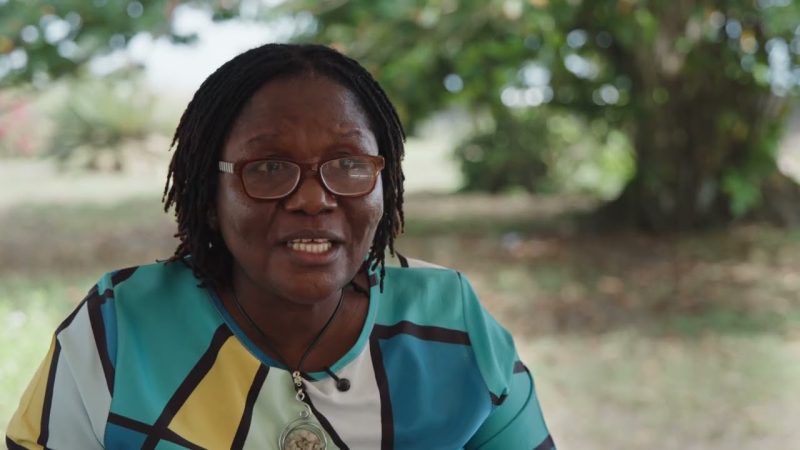Liberia
The Carter Center has long been committed to Liberia, beginning in the 1990s with interventions to mediate conflict, strengthen civil society institutions, and observe elections. Since the end of Liberia’s civil war in 2003, the Center has supported a return to stability through conflict resolution efforts, restoration of the rule of law, promotion of democratic elections and institutions, and the training of mental health workers. We’ve also partnered with the city of Monrovia as part of the groundbreaking Inform Women, Transform Lives campaign.
Short-term Goals
We are committed to helping Liberia strengthen its democracy and civil society. We are also working to empower women through access to information.
Impact
- The Center trained more than 360 mental health clinicians and helped the government create a sustainable public mental health system to deal with past and future traumas.
- With our support, Liberia’s National Elections Commission became a model in the region for promoting political stability through professionally administered elections.
- We helped educate citizens on the rule of law and trained specialists to provide informal legal services to marginalized rural citizens.
- We helped craft Liberia’s first access to information law and facilitate its implementation.
Final Report: 2023 National Elections in Liberia
Carter Center Deploys Election Expert Mission to Liberia
Swedish Grant Funds Liberian Project

Related Content
Global Impact Starts with You
Your support sustains the Carter Center's mission of waging peace, fighting disease, and building hope around the world.


